Nuts have long been celebrated for their culinary versatility and remarkable health benefits, and among the diverse array of nuts available, Chinese nuts stand out for their unique flavors and nutritional profiles.
From the iconic cashews to the exotic gingko nuts, China boasts a rich tradition of nut cultivation that spans centuries.
In this comprehensive guide, we will explore the fascinating world of Chinese nuts, delving into their diverse varieties, nutritional properties, culinary uses, and cultural significance.
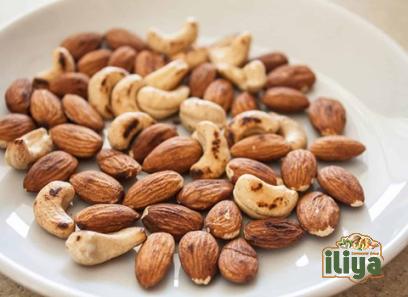
.
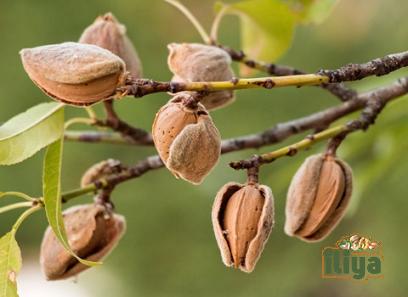 Cultural Significance of Chinese Nuts
Cultural Significance of Chinese Nuts
Chinese nuts hold a special place in Chinese culture, often symbolizing prosperity, longevity, and good fortune.
For example, almonds are traditionally used in Chinese weddings as a symbol of fertility and happiness, while walnuts are often associated with longevity and wisdom.
During the Chinese New Year, nuts such as pistachios and peanuts are commonly consumed as part of festive celebrations, symbolizing abundance and wealth for the coming year.
Nuts are also a popular gift during the Lunar New Year, as they are believed to bring good luck and prosperity to the recipient.
In traditional Chinese medicine, nuts are often used to treat various ailments and promote overall well-being.
For example, gingko nuts are believed to improve memory and cognitive function, while almonds are used to soothe coughs and promote respiratory health.
The therapeutic properties of Chinese nuts have been passed down through generations, forming an integral part of traditional Chinese medicine practices.
..
 Quality Control and Safety Concerns
Quality Control and Safety Concerns
While Chinese nuts offer a plethora of health benefits and culinary delights, it is important to be mindful of quality control and safety concerns when purchasing and consuming these nuts.
Due to the growing demand for Chinese nuts both domestically and internationally, there have been instances of contamination and adulteration in the nut supply chain.
To ensure the quality and safety of Chinese nuts, it is advisable to purchase nuts from reputable suppliers and brands that adhere to strict quality control standards.
Look for certifications such as organic, non-GMO, and fair trade when selecting Chinese nuts to ensure that they have been grown and processed sustainably and ethically.
It is also important to be aware of potential allergens and contaminants that may be present in Chinese nuts, such as aflatoxins, a type of mold that can grow on nuts and produce harmful toxins.
To mitigate the risk of aflatoxin contamination, store nuts in a cool, dry place away from sunlight and moisture, and inspect nuts for any signs of mold or spoilage before consuming.
…
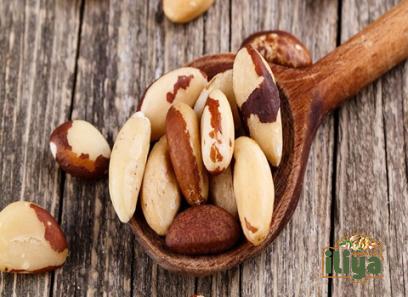 By understanding the nutritional properties, culinary uses, cultural significance, and safety considerations associated with Chinese nuts, we can fully appreciate the unique role that these nuts play in both traditional Chinese cuisine and modern-day gastronomy.
By understanding the nutritional properties, culinary uses, cultural significance, and safety considerations associated with Chinese nuts, we can fully appreciate the unique role that these nuts play in both traditional Chinese cuisine and modern-day gastronomy.
As interest in healthy eating and sustainable food choices grows, Chinese nuts are poised to take center stage as a nourishing, delicious, and versatile ingredient that embodies the rich tapestry of Chinese culinary traditions.


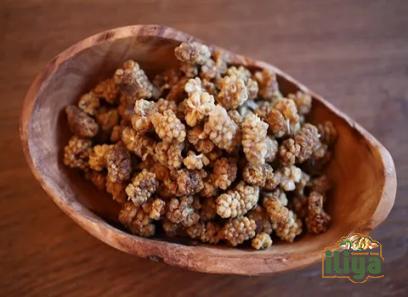
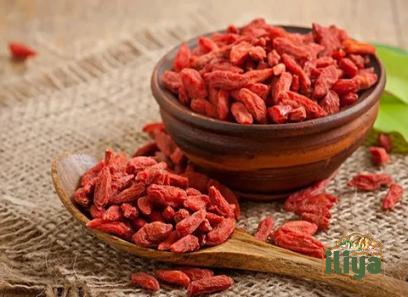
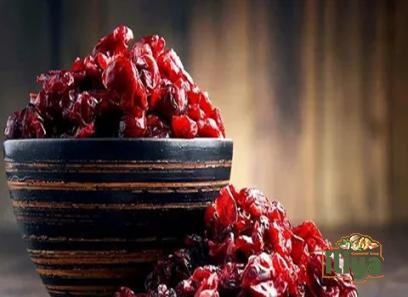
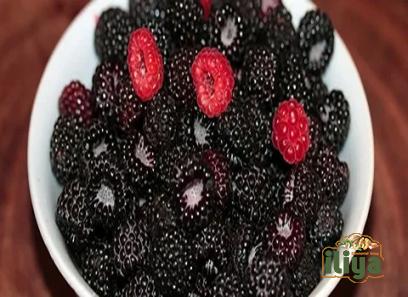
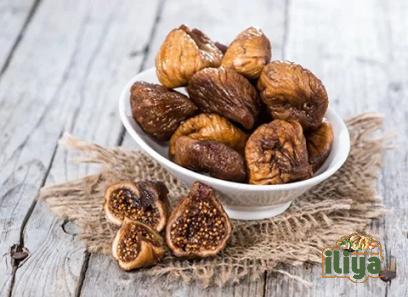
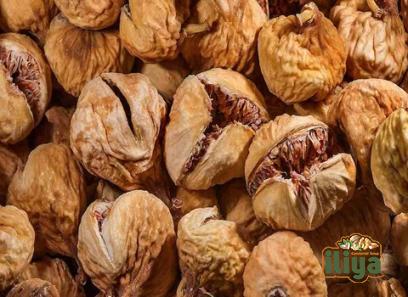
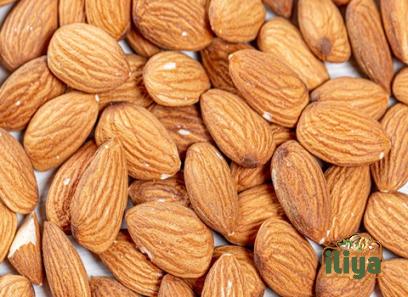
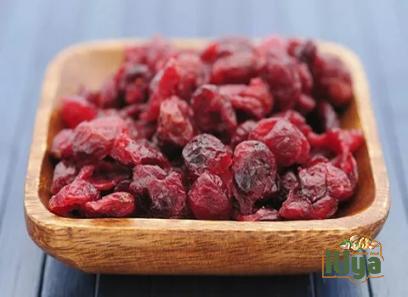
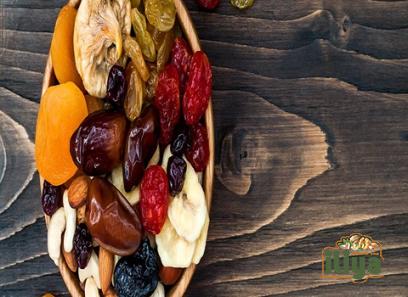
Your comment submitted.